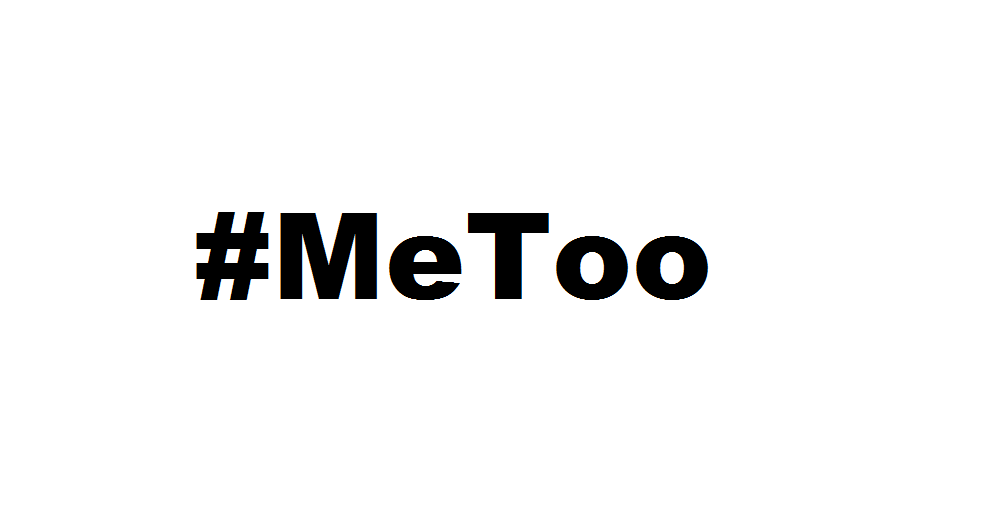Society, male-dominated, has not done well in protecting the young, the weaker, the vulnerable. And often those in power try to make the scandals go away. The Catholic Church is merely the most blatant. First Nations residential school abuse is a monstrous stain on Canada’s legacy. Again, the Catholic Church is implicated with cover-ups. And it is disturbing to read that school boards in the past merely moved a teacher to another school when a child or parent came forward with tales of sexual impropriety or outright abuse. No charges, merely making the problem go away.
The latest allegations in the political sphere are being treated carelessly, for they are not proven, just one person’s word against another’s. What is also disturbing is the misuse of a critical legal right held by every citizen: the presumption of innocence unless proven guilty. It is here in bold, for indignant (rightfully so, if allegations are proven) people keep writing, posting, saying until proven guilty. The word until presupposes guilt – it is there, even before proof.
And the allegations are not always even sexual. Elizabeth May, by her public appearances, debates, comes across as a thoughtful, sensitive woman. The leader of Canada’s federal Green Party has, however, been accused of being a bully in the workplace. Allegations that May denies. Yet the court of public opinion was fast to leap on the shaming bandwagon. The party has retained a lawyer to investigate the allegations. (The dictionary definition of allegation is something asserted without proof).
The admittedly creepy leader of the Ontario Conservative party was, however, forced to resign his position, as the allegations against him were sexual in nature. Again, asserted without proof. The unlikable politician was hounded by his party to resign. He really had no choice. Yet May remains to fight another day. Frankly, bullying is an emotionally crippling action for the recipient. Certainly not as harsh as a sexual come-on – and allegedly, that was what happened in Ontario, as well as a consensual act – yet still, in our overly protective age, emerging nanny state, a serious issue.
The biggest double standard of all is not recognizing the very important legal distinction of unless, using the presumption-laden word until to “prove” guilt instead. It is very important that no one escapes punishment for actually committed actions. That is the job, the function of the legal system. Otherwise, unproven assertions would ruin the reputations and careers of many a person, thanks to the vindictive nature of some people, who see threats lurking everywhere. Or simply a deluded thirst for revenge for a perceived slight.
This is a delicate issue, and our brave social media is fanning the flames. (Estonians, alas, are conspicuously good at the anonymous flaming and shaming game) A reasonable individual would await proof. A reasonable media would also follow this logic. But if allegations sell papers, such as the Toronto Star, where they just love to place these types of “stories” on the front page, above the fold, or advertising time on CTV, who “broke” the Ontario PC alleged “scandal”, then common sense is ignored.
Star columnist Emma Teitel, often opinionated and biased, got it right on January 30, when she pointed out regarding the May allegations, that when you are an alleged female predator, sexism works in your favour. Regardless, May’s choice of seeking an impartial investigation has been denied others. The court of public opinion should not be silenced. Rather, it should be measured.
No one is guaranteed a pain-free journey through the vicissitudes of life. Transgressors against our long-established moral code should be severely punished. But according to law.
Unless facts prove allegations, people should not be drummed out of positions, shamed for life. That is the downside of the otherwise laudable MeToo movement.
Tõnu Naelapea, Toronto




